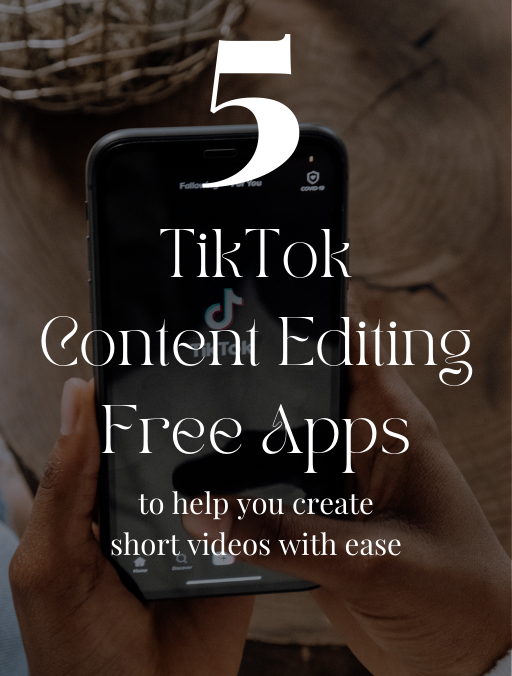On the 2nd of June, 2021, in Norway new regulations were passed as an amendment to the nation’s Marketing Act. Norway influencer guidelines on retouched Instagram photos require advertisers and influencers to label photos with altered body shape, size, and/or skin. The reason for this law is the ongoing fight against the idealization of unrealistic beauty standards and spreading the message of body positivity.
Being an influencer is perceived as an ideal job. People should be aware that influencers are different than other people in regard to their willingness to open up about their experiences in life. Sharing to any extend your personal experiences requires bravery because we live in a world that has created a culture of comparison, standardized appearances, and accepted ‘normal’.
This, by itself, makes the influencers account for those standards and abide by those societal rules. That is not an easy job. Putting anyone on a pedestal creates distorted relationships. That is not to say influencers cannot be genuine but it is to illustrate how hard it is to be genuine in an Instagram culture.
Giving an influencer the freedom to be themselves while advertising can only help. Stating that an image is altered by itself is not a huge step but it’s a step in the right direction. It allows for more sincerity and less delusion in the relationships involved. These are:
Influencer – Follower
Influencer – Brand
Brand – Customers (potential customers)
Concept of Influencers (in advertising)
- someone you can recognize yourself in and trust their opinion and expertise. Ultimately, influencers are today’s word-of-mouth brand ambassadors that have used a brand’s product or services and are genuinely sharing their experience – happy or not.
Once someone is paid to speak or show a product or service becomes difficult to say how much the payment is influencing what he/she shares about it. Now, I’m not going to indulge in discussing advertising of products that have not provided the advertised outcome for the influencer- usually, also easy ones to spot.
The Norway influencer guidelines on retouched Instagram photos will allow for influencer marketing to go back to sincerity. Instagram Influencers (the ones that have become famous through the app) were never meant to be the producers of the picture-perfect advertising campaign but rather connect on a way deeper level with the customers. They are supposed to be someone people trust because they share and talk or show openly their own experiences.

Instagram influencer Victoria (@inthefrow) blog on
‘WHY WE DON’T NEED TO PHOTOSHOP OUR BODIES’
(hint: check the comments after the blog post as well)
Norway’s law of disclosing retouched photos on Instagram is no surprise and nothing new in the advertising world. The modeling world has been scrutinized forever and has slowly progressed. The fashion industry has been criticized for the way models are treated for decades now.
In 2016 France required that any altered image should have a disclaimer, as they were hoping to help fight ‘extreme thinness among models, and body image problems among those who aspire to shapes they cannot hope to live up to because they were faked on a computer program.’ Models and even mannequins are perceived as an ideal to aspire to. Now we are seeing more diverse shapes and skin color models walking the runways. Nonetheless, there is a long way to go.


Read about the scandal around the 70th anniversary of the Cannes Film Festival poster here and Claudia Cardinale’s response here.
If you are afraid of a bad review for your brand, you should think of a way influencers could get back to you and share their experience and try to work it out. There is nothing bad that can come up from the ‘disclaiming retouched photos’ law. Your advertising will become more genuine and accurate and you will have testimonials more valuable than if your brand was to hold a controlled experiment.
If you strive for sincerity and true partnership in influencer marketing try to find influencers who are your perfect client. They do something else for a living and their income is not solely related to whether they will advertise your product or not. This can reassure that the relationship is based on mutual respect and not on dependency.
Stay mindful,
Monika Karanikolova
P.S.
Need a reminder of the true value of Influencer marketing? Checking out my research: ‘Fashion Influencers decoded. The role of social media influencers in luxury fashion houses development, marketing, and PR strategies’





